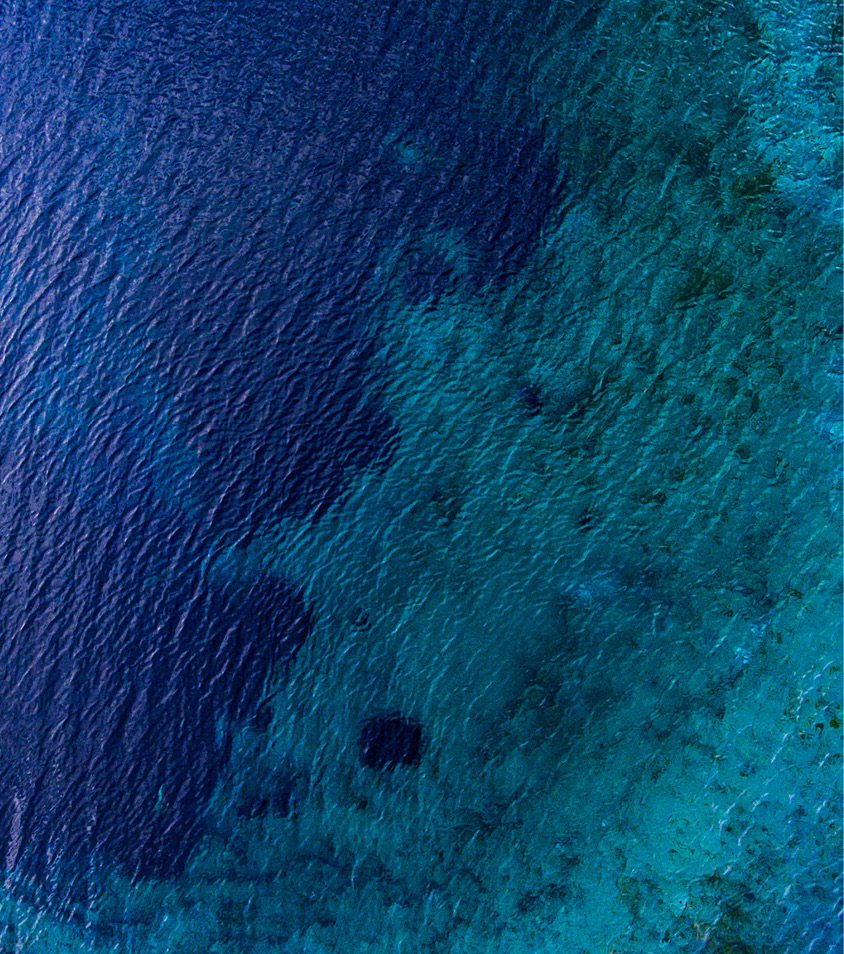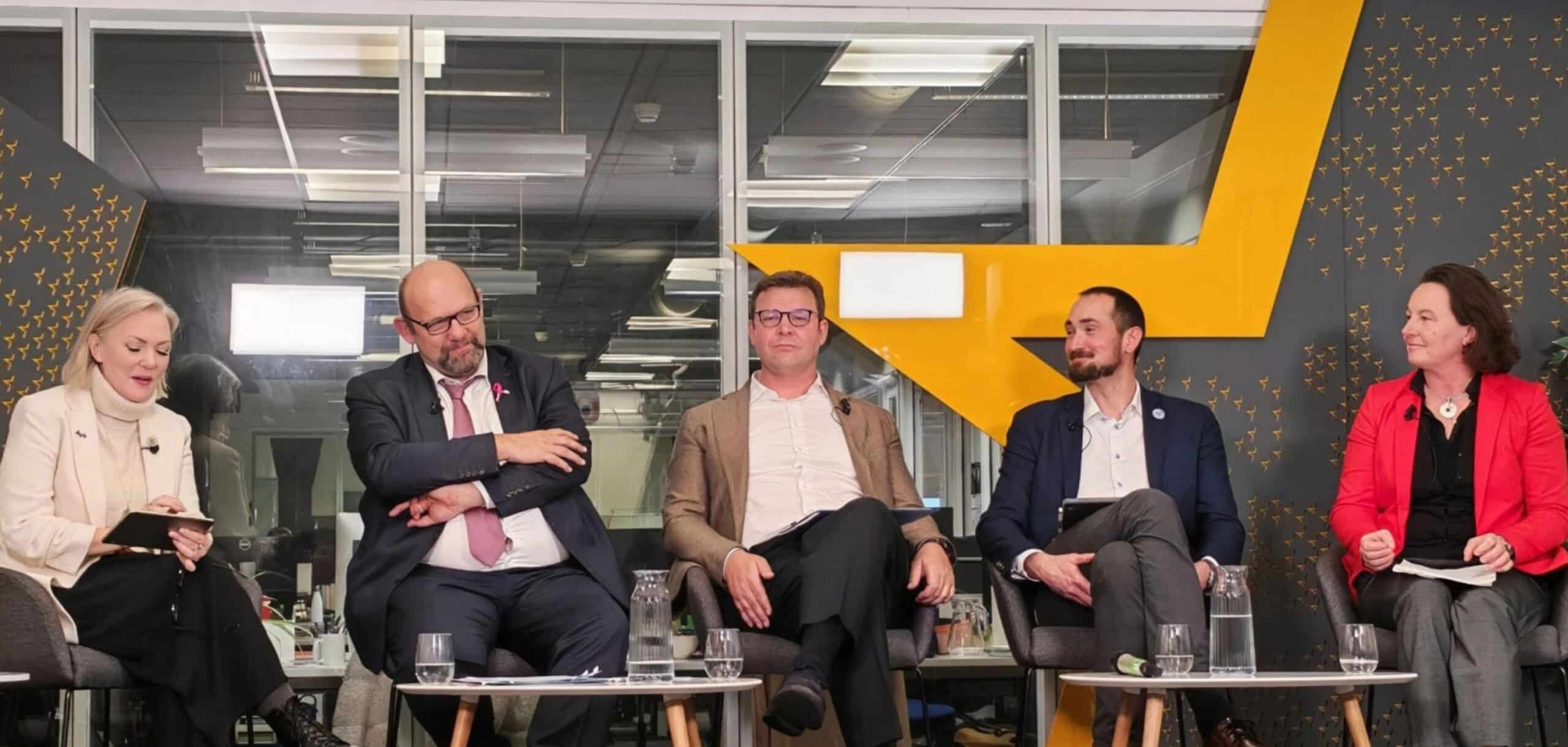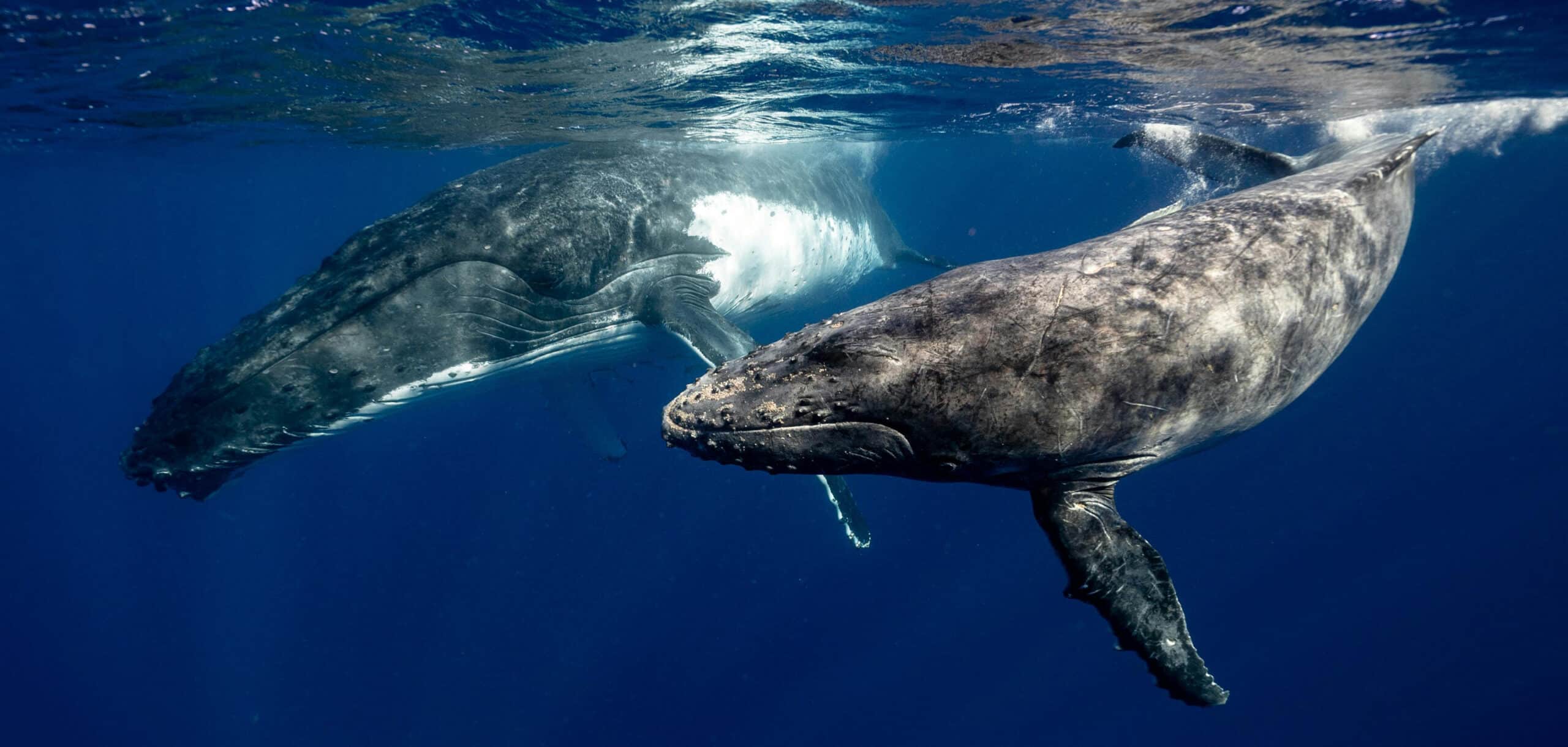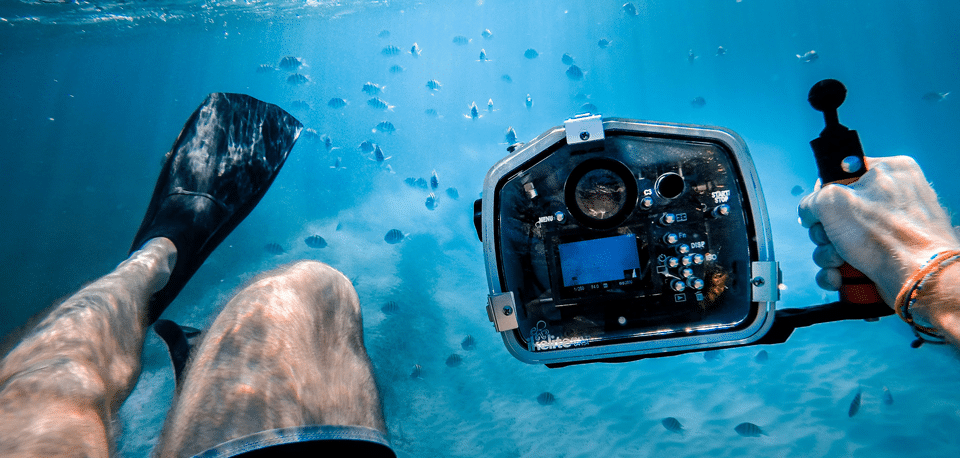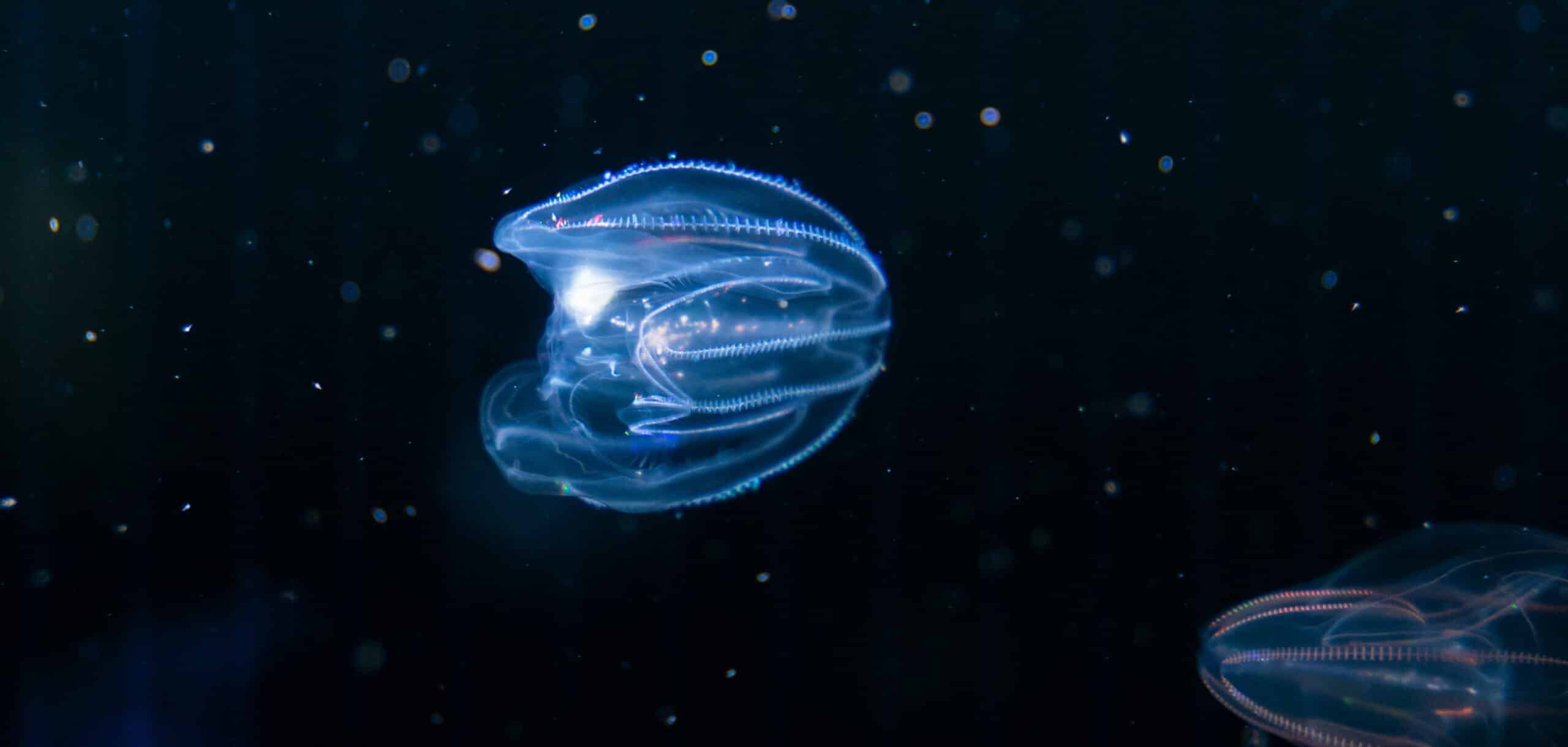EMBRC releases G20 policy recommendations from its Ocean Dialogues events
The call for decisive action for ocean stewardship is released as the UN Ocean Conference begins
Following World Ocean Day and as the UN Ocean Conference begins in Nice, EMBRC releases its G20 policy recommendations for sustainable management and conservation of marine biodiversity.
The recommendations were developed following EMBRC’s Ocean Dialogues: a roundtable where marine observation experts from EMBRC, the Organisation for Economic Co-Operation and Development (OECD), The European Commission (DG MARE), FUGRO, London School of Economics and Political Science (LSE), and (4Climate s.àr.l.) discussed opportunities for sustainable marine management.
The panel stressed the need for global standards for marine biodiversity data, effective monitoring technologies, and equitable capacity building. Importantly, the Ocean Dialogues recognise the essential nature of biodiversity observation and aims to show that it has economic and environmental value as well as purely academic.
Removing jargon and making information accessible to all stakeholders is also key in reaching goals and securing long-term financing.
Firstly, the recommendation stressed the need to establish global standards for marine biodiversity data collection and sharing with regards to all creatures, from microbes to large mammals.
G20 leaders are advised to showcase the value of biodiversity observation for a range of industries and integrate data into regulatory frameworks. The private sector should commit to investing in making marine biodiversity data FAIR and openly accessible to stakeholders, while protecting sensitive information.
As well as continuing to promote FAIR, Open Science, research institutions can contribute to monitoring and modelling efforts by establishing observatories to generate continuous, long-term data on how ecosystems are responding to a changing environment. NGOs should promote the importance of marine biodiversity and advocate for better ocean literacy.
Collaboration between public and private sectors is vital in the transition to a sustainable Blue economy. G20 leaders can play a role by asking companies to integrate biodiversity data sharing into Corporate Social Responsibility (CSR) programmes, ensuring policies are science-based, and enforcing regulations that support sustainable practices. They can also encourage the development and use of cost-effective technologies that can be easily upscaled and repaired.
The private sector and scientific institutions should work together to develop monitoring technologies that improve our understanding of changing ecosystems. NGOs can support by raising awareness of the importance of these technologies to conservation goals.
The recommendations also stress the importance of investment in capacity building, particularly for countries in the Global South. G20 leaders are advised to increase investment that ensures equitable participation in global conservation efforts, and establish dedicated funding streams for marine biodiversity research, observation, and conservation. They should consider how funding – including innovative mechanisms like blue bonds – can provide sustainable, long-term support.
The private sector can use its investments, expertise and technology to support long-term capacity-building, particularly in developing regions. Scientific institutions should ensure funding focuses on research that fills key marine biodiversity knowledge gaps while NGOs can support by raising awareness of the importance of SDG 14 (Life Below Water) for meeting global sustainability goals.
These recommendations shaped the OCEANS20Communiqué, calling for G20Leaders to integrate the ocean into their climate, development, and trade agendas.
As we are halfway through the Ocean Decade, the importance of pushing for positive ocean stewardship can’t be understated.
Everybody depends on the ocean. Even if something happens in one remote place, it can impact another location far from there. Through our recommendations, we hope to highlight the importance of marine biodiversity research and protection, and inspire action.
Representing two thirds of the world’s population and the equivalent of 80% of global GDP and carbon emissions, the G20 holds the power to make a real difference to global sustainability challenges through its policy agenda.
“I’m proud of the momentum we’re building through the Ocean Dialogues,” says Alice Soccodato. “Connecting insights with tangible actions that can be used by the G20 is a huge step forward.”
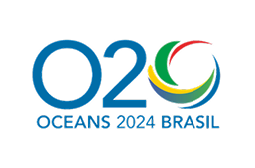
About Ocean Dialogues
Brazil’s G20 presidency created the civil society engagement group Oceans20 (O20) to focus on ocean issues. The group convened a series of Ocean Dialogues to explore opportunities and solutions for marine conservation and the sustainable blue economy.
Part this series, EMBRC’s Ocean Dialogues attracted 130 attendees from 93 countries. Participants heard how ocean observation data (OOD) can overcome environmental challenges and support the Blue economy transition. EMBRC has now condensed the key insights from the session into recommendations that G20 nations can use when considering policy around marine biodiversity, from microbes to large mammals.
